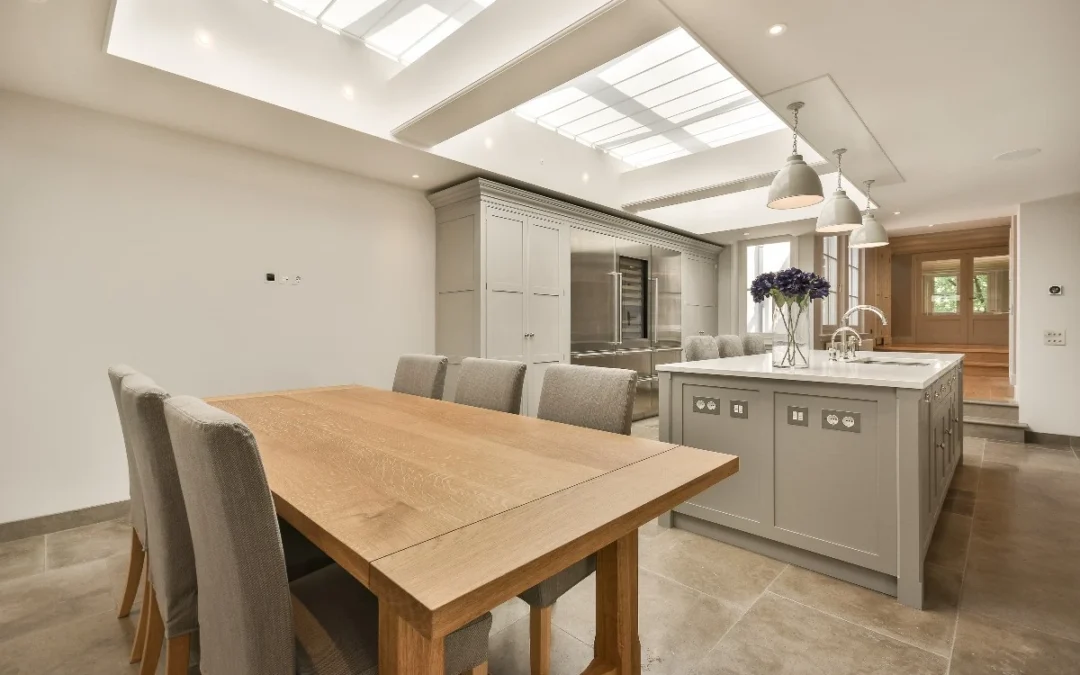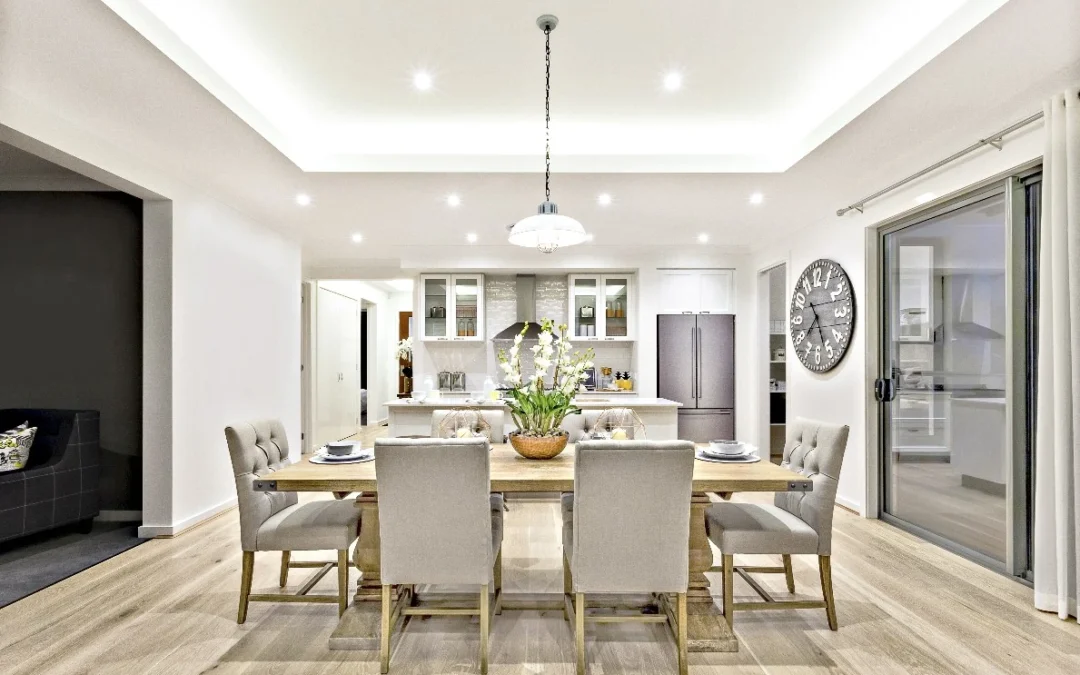
May 29, 2024 | Construction
Extending your home outwards, sideways or upward can be a fantastic way to massively increase your living space, construct new rooms or a large-scale kitchen or dining room, or make great use of unused space along your side return or the rear of your property....

Mar 15, 2024 | Construction
Extending your home by constructing a bright, airy, modern extension can be a fantastic opportunity to add value to your property, incorporate additional space to accommodate a growing family, or replace the small, dark kitchens typical of a Victorian home or period...

Jun 14, 2022 | Construction
There are countless ways to boost your property value, expand your living space, and improve the capacity of your home. We regularly work with homeowners keen to expand but unsure how to start the design process or whether to extend upwards, outwards or down. We’ve...




